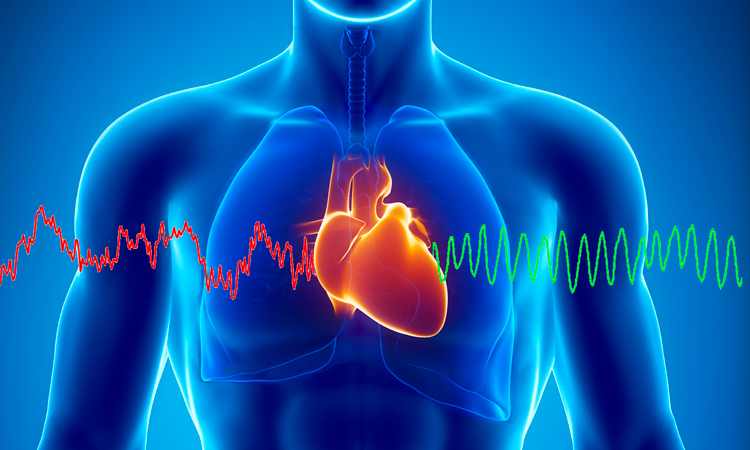Being grateful breeds compassion, kindness and significant health benefits
In traditional Western medicine, we have been told that our physical bodies and emotions are completely separate. However, further research and alternative medicine practices suggest this is not true. Emotions have as much to do with the heart and body as they do with the brain. Of all the organs in the body, the heart plays a particularly important role in our emotions.
The Institute of Heartmath, a research center dedicated to this study, has conducted numerous research studies identifying the relationship between emotions and the heart. From what they’ve found, it’s clear the heart is indeed linked to our emotions, health, vitality and wellbeing.

According to Heartmath’s research, there’s a critical link between the brain and the heart. The brain and the heart are in a constant two-way dialogue, and the heart sends more information to the brain than the brain does to the heart. The research explains how the heart responds to feelings such as fear, frustration and anxiety with an increased heart rate. These erratic patterns are sent to the emotional centers of the brain, which recognize it as stressful or negative. Erratic heart rates also block the ability to think clearly.
So, it comes as no surprise that people with increased stress are more likely to develop heart disease. With stress and other negative feelings, such as depression, stress hormone levels increase, blood vessels constrict, blood pressure rises, and the immune system is weakened. If there’s consistency with experiencing these emotions, it puts a strain on our heart and other organs, eventually leading to serious health issues.

This concept, and the ability to clear our thoughts of anxiety, is explored deeply in the new book, Heart Intelligence: Connecting With the Intuitive Guidance of the Heart – by one of the same authors who originally brought us The Heartmath Solution, Doc Childre.

Gratitude: an ingredient to health
It’s been stated and stated again – the key, not just to health, but happiness involves being grateful. Even in the midst of a stressful situation, there’s always room to pause and think about things in your life you’re grateful for: your job, your family, or even your favorite beach. Being alive and your breath is a gift. By shifting your focus from negative to positive, you increase your heart rhythm coherence, reduce emotional stress and improve your health.

In addition to a healthy mind and heart, practicing these positive thinking tactics will help create a more consistent emotional balance long-term, a fundamental step in the process of improving cardiovascular health. In addition, these techniques help patients recovering from heart failure increase functional capacity. This approach is currently being used in a number of hospitals and cardiac rehabilitation programs around the country.
Shift your focus from what you don’t have to what you do, and you will see all the difference in your health, happiness and balanced state of mind.
About Heartmath:
The HeartMath team is committed to developing research-based, practical and reliable tools and technologies that empower people to improve their experience of life and bring their best selves to their personal, social and professional lives.
A world leader in heart rate variability (HRV) and heart coherence, HeartMath and its sister company, the Institute of HeartMath, a nonprofit research organization, have spent over two decades researching and educating health professionals and consumers about HRV feedback and heart coherence training and its vital role in stress management, emotional self-regulation and optimal performance training, as well as increasing vitality and resilience. The HeartMath organizations have demonstrated through clinical studies the critical link between emotions, heart function, and cognitive performance. This work has been published in numerous peer-reviewed journals such as The American Journal of Cardiology, Stress Medicine, Global Advances in Health and Medicine, Preventive Cardiology and Biological Psychology.
Their organizational clients include Brigham and Women’s Hospital, Cedars-Sinai Medical Center, UCLA Medical Center, Children’s Hospital Colorado, Stanford University, Stanford University Medical Center, Fairfield Medical Center, Kaiser Permanente, Intel, Lockheed, US Forest Service, US Military, VA Medical Centers, Alberta Health Services and more than 20,000 health professionals.



